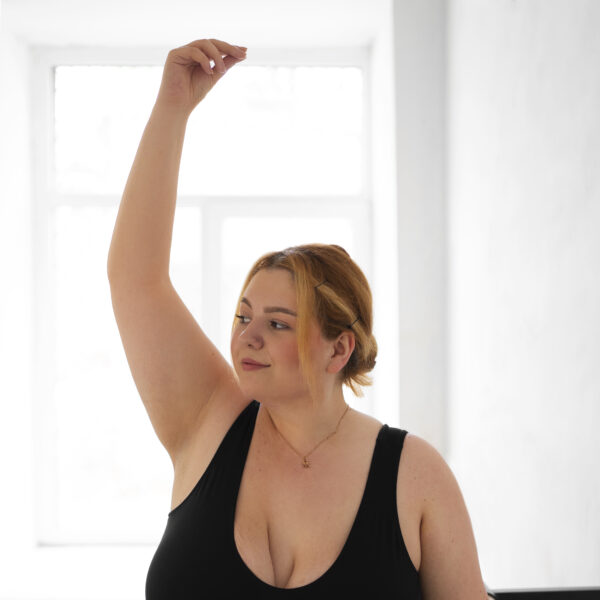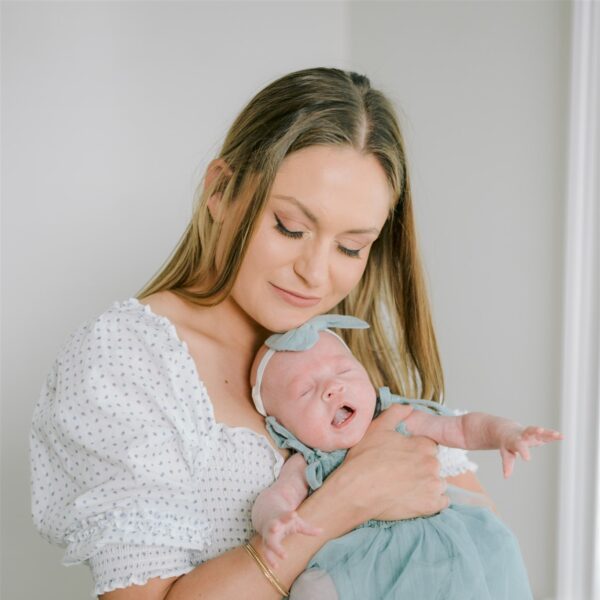January 1st, 2025. Time to start with the best of intentions. You sit down, craft a vision, and come up with new plans of a brand new routine. This is going to be your year for 5 am gym wake ups. Or maybe you’re going to completely cut out that afternoon soda break. Whatever it is you feel confident and know that this is the year you are going to stick to it. Now it’s January 25th and you quit your New Year’s resolution. You can barely remember what you were trying to achieve. Now what?

It’s Common to Quit Your New Year’s Resolution
If this at all feels familiar, know that you are not alone. Studies have shown a staggering 88% of people stop their New Year’s resolutions within the first two weeks! Letting go of a goal can feel like failure, but it doesn’t have to. Take this as a time to foster self love to maintain the intention you had with your resolution. Let’s instead make self love the resolution. I always say to clients; “Let’s set intentions, not resolutions.”
Resolutions always seem to become these restrictive and overly ambitious practices. How in the world are we gonna wake up at 5 am for the gym if we’ve been smashing the snooze until 8am most days? It makes sense if you quit your New Year’s Resolution. Distill down the idea into what the intention was. What made you choose your resolution? Shift the focus to what you’ve learned from trying your new plan.
Practice Self Compassion
Before we take that and start to think about a whole new resolution to try, offer yourself kindness for trying something new in the first place. All too often we motivate ourselves from a place of self hatred. Saying we “have” to work out for a better body rather than because we want to prioritize movement. Or that we need to “be more productive” because we are comparing ourselves to others’ vastly different lives. Intentions should be led from generating new ways to love ourselves.
This may sound a bit “live, laugh, love” but it’s the truth. When you practice kindness, you cultivate a pragmatic relationship with yourself. The more you see your strengths the less you will be bogged down by self-criticism. When you prioritize your own needs you’re better equipped to handle stress and adversity. This makes it less likely you will quit your New Year’s resolution next year.
Create an Intention
Now that we have taken a moment to be kind, we can refocus the intention. Let’s follow the 5am gym example. You wanted to get in more movement because your therapist keeps telling you it “helps your mental health”. Say you woke up 3 times to do it and felt good about your goal. But then you noticed how much more tired you were during the day.
Then, you noticed how your movement didn’t even feel good because you were so tired being there. Then you get grumpy in the middle of the work day and can’t concentrate. You liked getting movement in, but not how exhausted you were. From this we learn two things. You’re not a morning person but you do like movement. Great! Let’s take this and formulate a new intention. “I will prioritize movement.”
Find the Lesson If You Quit Your New Year’s Resolution
You may say; “But that’s so vague?” That’s the point! We aren’t setting a goal, we are setting an idea of what we want to lead with. By changing from 5 am gym sessions to prioritizing movement, we open up a whole new world of possibilities for how to bring this into our every day. If we find that certain things don’t fit into our plan, we can adapt. Most importantly, we can be kind to ourselves when we feel we aren’t leading with intention. It can help get us back on track and acknowledge that every day does not need to be a shining success.
If you quit your New Year’s resolution, is not the end. Instead, it’s an opportunity to pause and show yourself kindness. Reframe your resolution into an intention to offer yourself kindness, and then you can move forward. Remember, every day is a new chance to start again. Live, laugh, love yourself.
If you are looking for support with how to implement real change into your life, reach out to one of our therapists who can help!
Becca Adleberg, LPC is a licensed therapist at Therapy for Women works with teens, young women and members of the LGBTQ+ community. She specializes in OCD, anxiety, depression and body image.





Leave a Reply